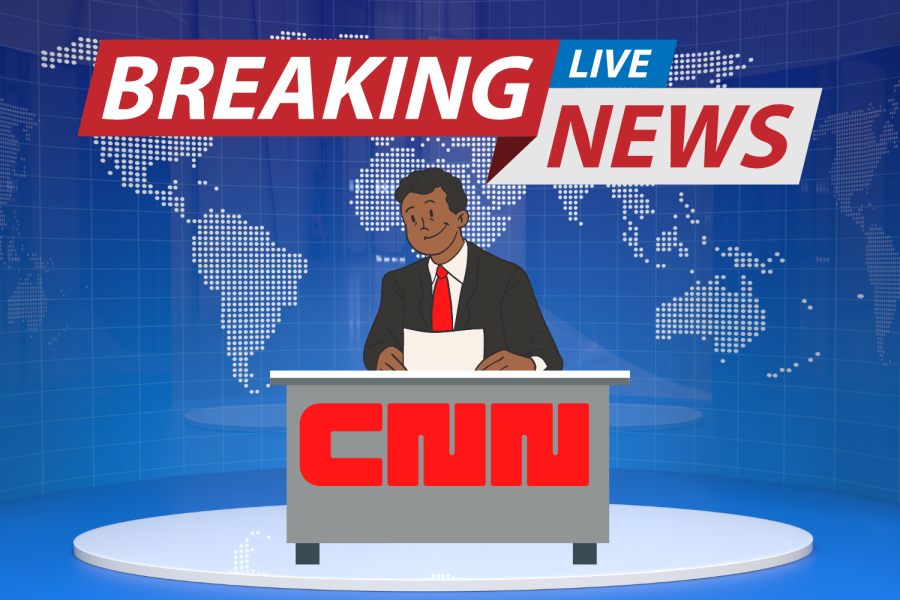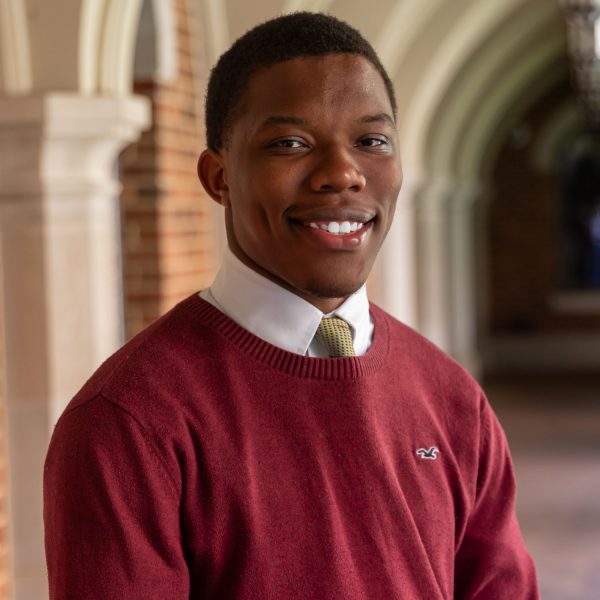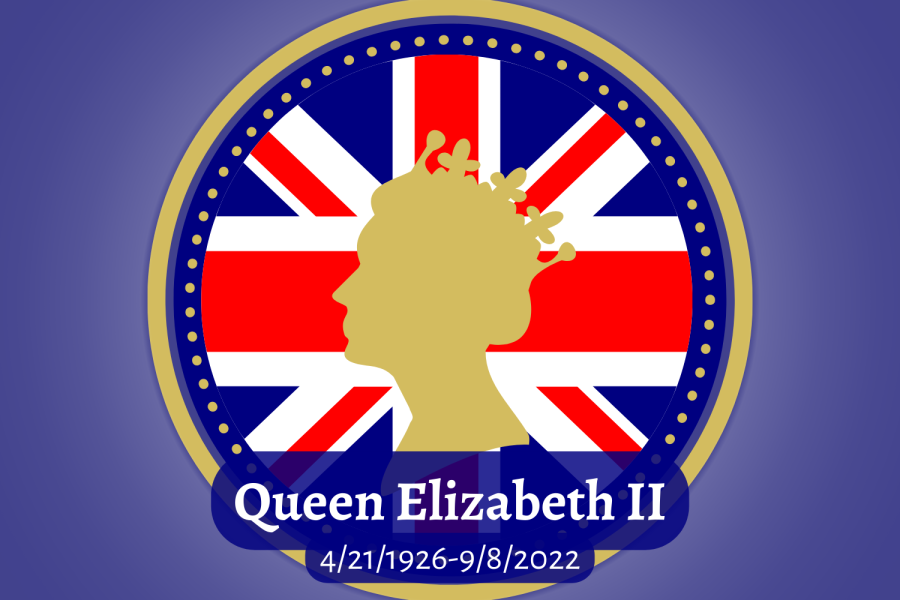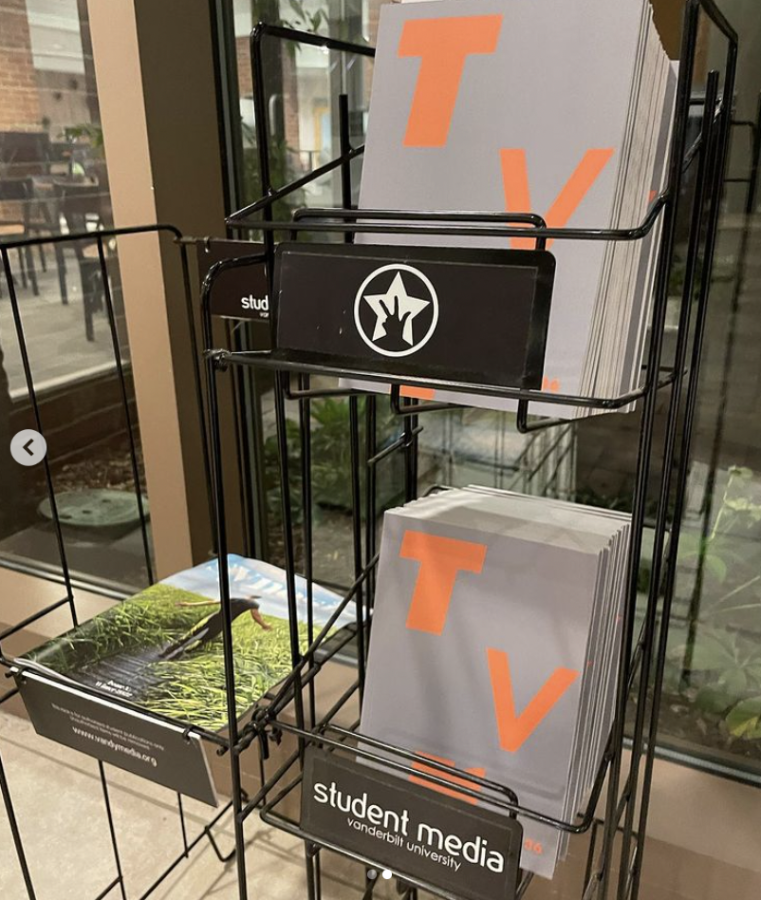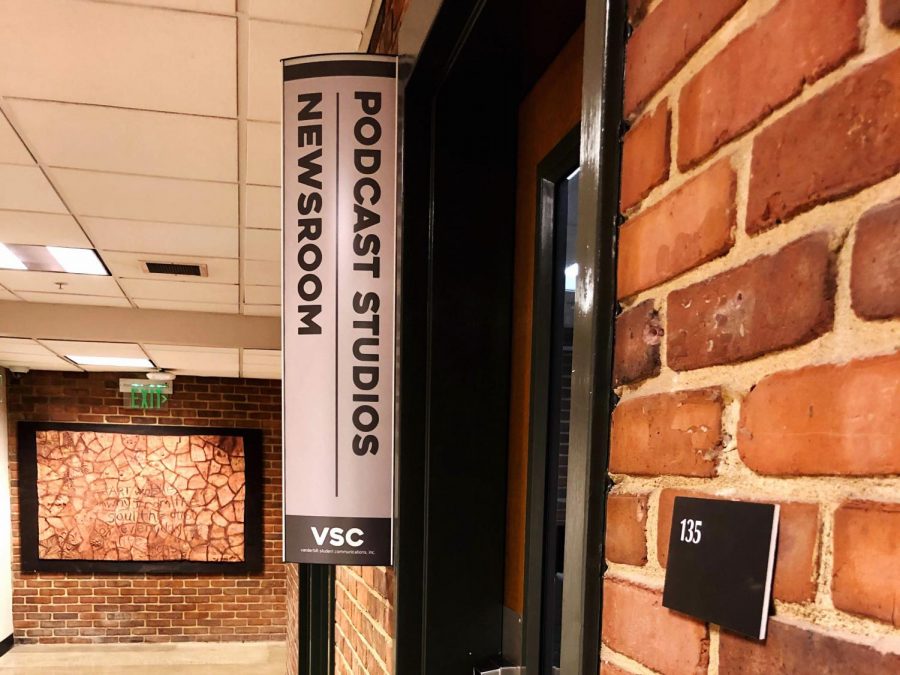Sitting in my dorm room on Sept. 7, speedily eating chicken pasta and frantically preparing for my last class, I scrolled through social media to catch up on the latest news surrounding Queen Elizabeth II’s death. I expected to find nothing but mournful posts from the international community and constant breaking news updates which would help me make more sense of the circumstances surrounding her passing. But just before I set out to leave for class, another alert showed up on my phone from AppleNews+ with an update from the previous day: “Bernard Shaw, longtime CNN anchor, has died at 82.”
My mind instantly flashed back to when I would stay up late at night, watching and diligently researching the context behind Shaw’s archived reports during his stint at CNN, fascinated with his reporting skills and rich life story.
As the son of a humble railroad worker and an untiring housekeeper, Shaw became the first of his family to pursue higher education, earning his bachelor of arts from the University of Illinois-Chicago. Shaw then enrolled in the U.S. Marine Corps, where he was a Message Center specialist interested in print media. There are several similarities that Shaw and I share, from wearing glasses to being a first-generation college student idolizing Walter Cronkite. These attributes coupled with a shared love for journalism and politics inspired me to emulate his career path.
Shaw retired from CNN in March of 2001 but didn’t completely retire from the public eye. He made several on-and-off appearances on CNN programs where he would provide his respective opinion on contentious topics such as race. He would even fill in or co-anchor for colleagues who could not come to work on those days. Shaw’s compelling voice on screen and charismatic personality at CNN headquarters keep viewers coming back to CNN. As a public figure, Shaw used his fame to voice opinions geared toward the betterment of society.
I was accidentally exposed to Shaw’s work as a wide-eyed elementary schooler who was bored in class and unable to listen to their teacher. As an indecisive youngster, I had wanted to be an astronaut, a police officer, a bus driver and even a YouTuber. But after seeing Shaw’s work on CNN, I knew that becoming a war correspondent was the right path for me. As a war correspondent, my job would be to report from the front lines of conflicts to inform citizens back home of the current status of international disputes. I craved a career that would allow me to travel freely, one that would enable me to experience new things every day. I dreamed of a position that would—in broadening my perspectives on Earth’s diverse cultures—also permit me to share the constant adrenaline I would face in the world’s war zones with news junkies worldwide.
After researching him, I remembered watching Shaw’s coverage of “Desert Storm.” Initially, I was drawn in by his voice and the mannerisms used within his reporting. Hearing him contextualize his surroundings as shots rang past his hotel in Baghdad further intrigued me. I respected his bravery in being able to go to war zones and relay information so calmly, though so crucially. It also made me smile to see a Black man—who once had the same aspirations as I do now—succeed in the profession. His career has provided me with guidance and support, especially in times of confusion and frustration.
I have to admit, I’m nowhere near the most prolific writer at The Vanderbilt Hustler. Almost all of my articles go through page lengths of edits back-to-back. There are floor stacks of new and old staff writers who have surpassed my abilities and blown away both Vanderbilt Student Communications executives and student leaders. Even though those around me can flourish in an area of a profession that I believe is made for me, I have learned from Shaw’s life that some of the most successful people rise to the top by listening and learning from those around them. Sometimes, that’s all that some of us need to do to realize our full potential.
I hope that through my active contributions to student media like The Hustler, Vandy Radio and Vandy Video Productions, I will be able to set a new standard for students just like me who want to make names for themselves in the world of media on Vanderbilt’s campus and, perhaps, the larger world of media beyond. Shaw unknowingly paved the way for aspiring journalists like myself to believe in the success of their soon-to-be media careers.
After completing my education, possibly studying Middle-Eastern cultures and international relations, Shaw inspired me to chase my dream of becoming a war correspondent by taking a shot at becoming a mass communication specialist for the United States Navy—following in his footsteps. He enlisted in the military and transitioned into broadcast journalism, where he established a life of hope, representation and integrity amongst his viewers.
As I ponder at my desk and watch the clock tick as I realize I’m late for class, I realize that Shaw is a golden legend within the field of broadcasting; his influence on my life is undeniable. I lock my door and rush to class, not for the good grades, but to use the knowledge gained in the way Shaw could during his time on Earth.

